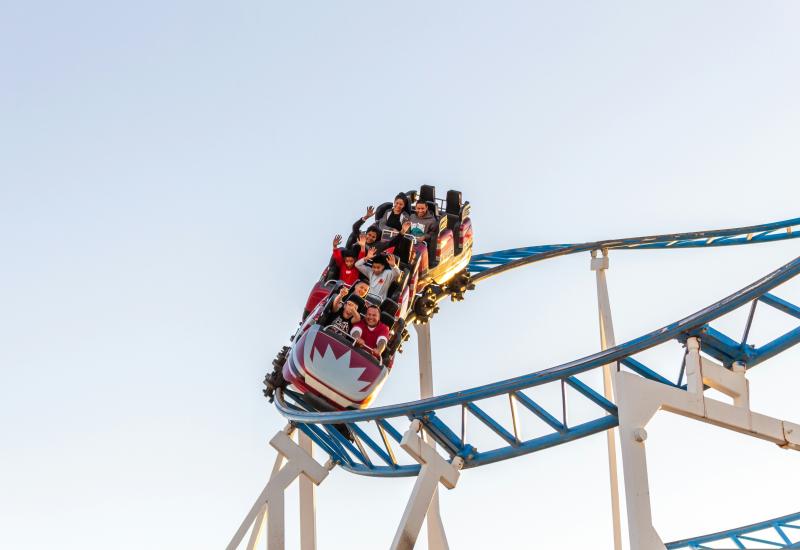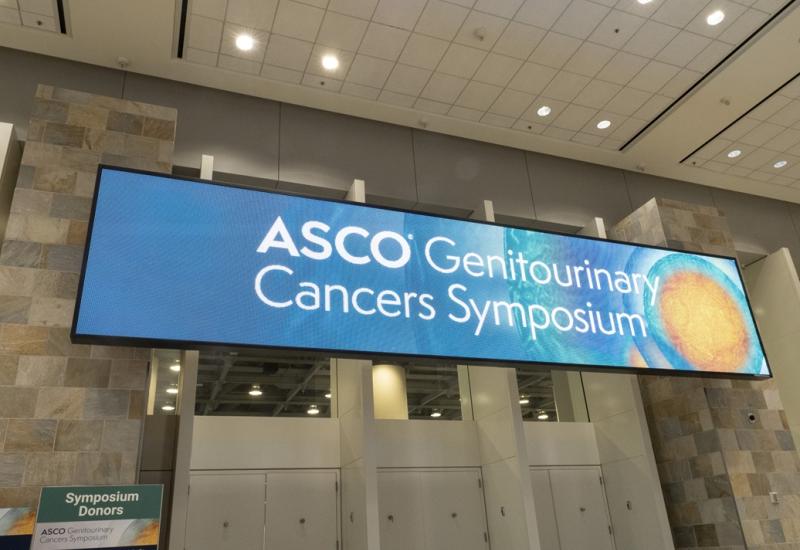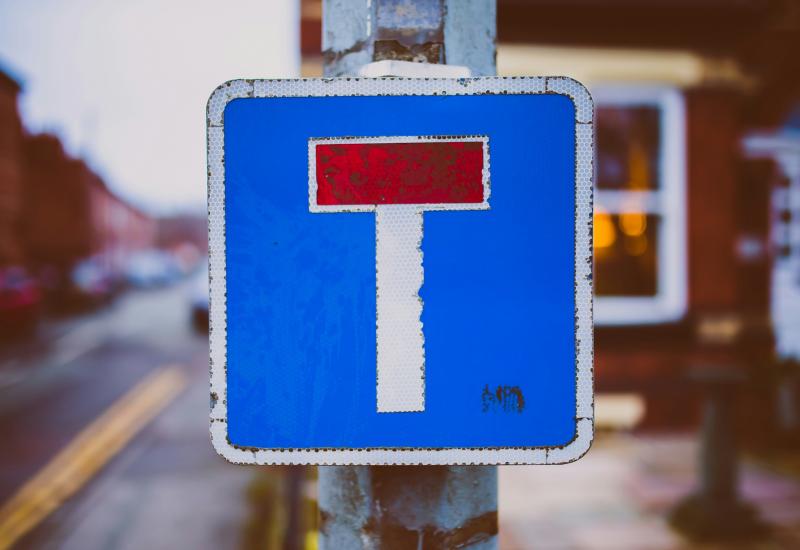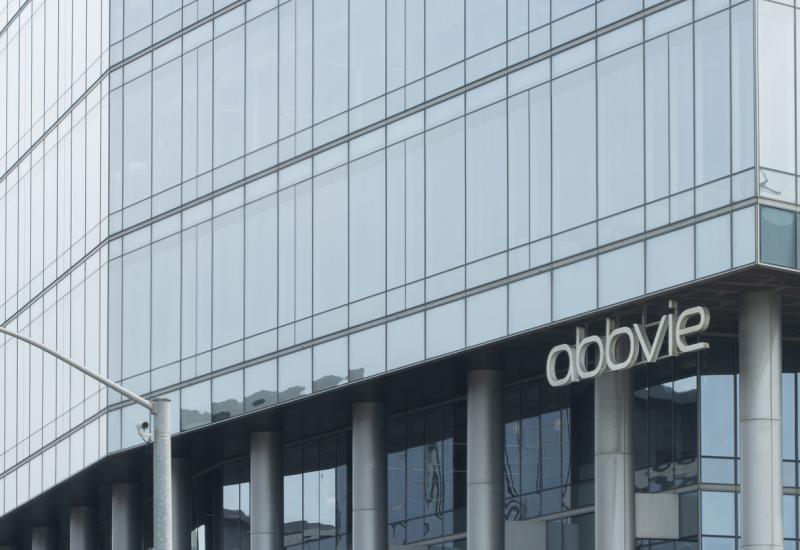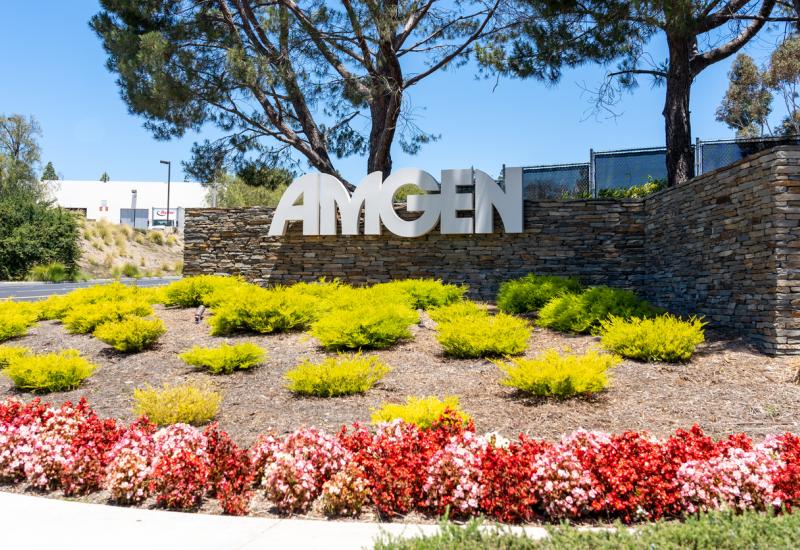
EnGene squares up to J&J
New detalimogene bladder cancer data send the minnow’s stock up 47%.
New detalimogene bladder cancer data send the minnow’s stock up 47%.

Non-muscle invasive bladder cancer is becoming increasingly crowded, but the small-cap player EnGene reckons it could have a contender that’s as effective, and more tolerable, than the likes of Johnson & Johnson’s recently approved Inlexzo.
EnGene reported an update from the phase 1/2 Legend trial of its gene therapy candidate, detalimogene voraplasmid, in BCG-unresponsive NMIBC on Tuesday. Crucially, a protocol amendment appears to have bolstered efficacy in the study’s pivotal cohort, versus a previous data drop in September 2024, and the company’s stock closed up 47%.
Still, EnGene doesn’t plan to file detalimogene in the US until the second half of 2026. It’s possible that the FDA will require longer-term data, with the group promising another update next year following the “accumulation of sufficient” 12-month results.
EnGene also plans to change Legend’s pivotal primary endpoint to complete response at any time, from 12-month complete response previously; the group said this decision followed discussions with the agency.
Cohort 1
The latest Legend data come from the pivotal cohort 1, in BCG-unresponsive NMIBC with carcinoma in situ (CIS), with or without concomitant papillary disease.
Among 62 patients enrolled after the protocol amendment, complete response at any time was 63%. This is lower than the 82% CR rate seen with Inlexzo in cohort 2 of the Sunrise-1 trial, which backed that drug’s FDA nod in September.
Six-month results with detalimogene appear more in line, at 62%, against Inlexzo’s 59%. However, the Legend analysis here only included 37 patients who were evaluable at this time point, providing one reason for caution.
Cross-trial comparison of detalimogene and Inlexzo in BCG-unresponsive NMIBC with CIS
| Detalimogene | Inlexzo | |
|---|---|---|
| Legend, cohort 1* | Sunrise-1, cohort 2 | |
| CR any time | 63% | 82% |
| CR at 6mths | 62%** | 59% |
| CR at 12mths | N/A | 46% |
| TRAEs | 42% | 84% |
| ≥Gr3 TRAES | 2% | 13% |
| Treatment-related disc. | 1% | 4% |
| Treatment-related deaths | 0 | 0 |
Notes: *data post-protocol amendment, cutoff 24 October 2025; **n=37, vs n=62 for other timepoints. Source: company release & product label.
The Legend results appear to justify EnGene’s decision last year to amend the protocol of Legend, including changig the criteria for study discontinuation. Among 31 patients enrolled before the protocol change the CR rate was 55%, dropping to 41% at six months.
If efficacy continues to hold up, tolerability could be a differentiator for detalimogene, EnGene believes. Only 2% of patients in cohort 1 of Legend had grade 3 treatment-related adverse events, and there were no grade 4 or 5 treatment-related events. The discontinuation rate was just 1%.
On the face of it this looks better than the adverse event rate with Inlexzo, a gemcitabine-eluting system that’s placed in the bladder, and is contraindicated for patients with perforated bladders.
Detalimogene, meanwhile, is a non-viral gene therapy that’s instilled in the bladder and is designed to spur local expression of the pro-inflammatory cytokine IL-12 and a RIG-I activating moiety, to activate the patient's immune system.
Competition
Other approved therapies for BCG-unresponsive NMIBC include ImmunityBio’s IL-15 receptor agonist Anktiva, Ferring’s adenovirus vector-based gene therapy Adstiladrin, and Merck & Co’s Keytruda.
These have produced less impressive CR rates of 62%, 51% and 41% respectively. Anktiva also has the disadvantage of being coadministered with BCG, which contains live bacteria so has strict conditions for use, as well as recently being in short supply.
Other contenders include CG Oncology, with the oncolytic virus candidate cretostimogene grenadenorepvec, which has produced a 76% CR rate in the Bond-003 trial; a rolling BLA submission is set to begin this year.
Meanwhile, Protara’s cell therapy TARA-002 has shown an 80% CR rate in the Advanced-2 study, but only among five BCG-unresponsive patients. An update is due at the ASCO-GU meeting in February.
2350


